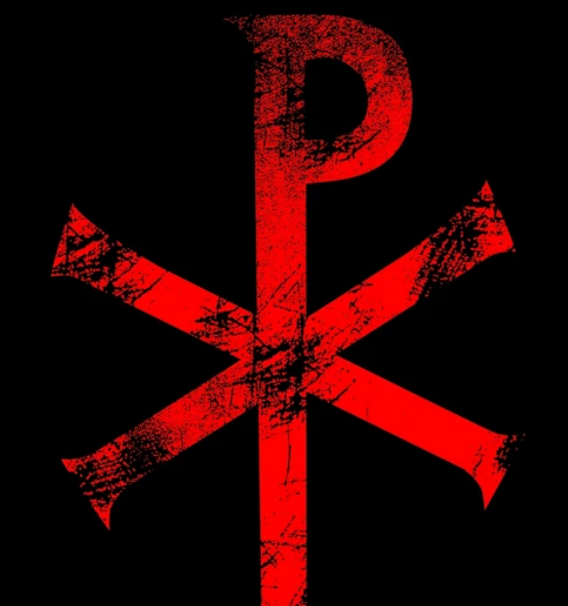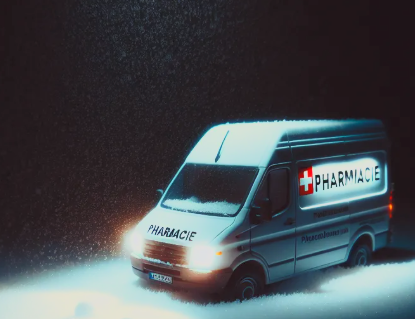Fresh Souls: Standing Up to the Russian Maffia
[Warning: This story is not for everyone. My therapist advised me to brace readers. If depictions of rape or violence are not your thing, or if it's, say, first thing Monday morning, I recommend that you leave it alone. Please, do not read on.]
I never submitted this story to a newspaper in Estonia with which I had a connection because, at the time, the country was stumbling into freedom amidst internal chaos. It didn't yet understand how to be a nation. I didn't want to drop a plate of my experience and let it shatter on the then-Estonian people. (Today, Estonia is a powerhouse; its key economic sectors are information technology and electronics manufacturing. It’s time to publish this story.) But in 1994, it was chaos. The police were corrupt and wouldn't help us in this dire situation because they feared being overpowered, and their families were at risk. Those who had money drove new Toyotas or Nissans, leaving the outdated Russian Lada police cars in the dust. Many police officers carried rifles as sidearms... it was a strange time.
As someone who went on to teach at universities, schools, and companies in Russia, I have a deep appreciation for Russia and its people. I've traveled the Trans-Siberian Railway and seen more of Russia than many Russians I’ve met. I authored a book titled "Of Russia." So I have a stake in Russian affairs*. I harbor no animosity towards Russia; this is about Agri. This is about his mindset and his comrades, all of whom deserve nothing short of death for the atrocities that follow. There are over 5000 organized criminal "gangs" in Russia, and I intend on returning. No one should defend the actions of a few deplorable people, found across the globe. Agri (his real name) epitomized the lowest form of humanity I have ever encountered, sheer evil. No decorum, no real persona, no grip on his future 30 years down the road; his behavior was simply brutal and animalistic.
Deciding to share this story on this sole platform was difficult. I want to step back from the material and let it speak for itself. My publisher Planksip, said I could put it behind a paywall, but I want this article to end up where it should, even if that is nowhere. I would be content if no one read this article.
*Он отразил русскую природу, русскую душу, русский язык, русский характер – Гоголь
I was working illegally in Wyoming when a girlfriend shattered our financial dreams by buying a coffee maker. Within two months, I found myself in the former Baltic Soviet state of Estonia, thanks to happenstance and my Dad's airline points. This was only three years after its declaration of independence, which triggered a chain reaction of countries suddenly becoming sovereign entities. Tallinn, the capital of Estonia, was large, old, grey, recently Soviet, and perpetually caught in a blizzard "scenario." It was always cold. I ended up working as a driver for the first Christian missionaries to plant a flag in the hearts of a population that had been entirely atheistic for seventy years. Fresh Souls.
Though I wasn't searching for God, I continued living life as it came. When Tallinn became overwhelmingly dull, I took a friend's son, Jeremy, to a small seaside town called Pärnu. We boarded an old train for a three-hour journey south. Jeremy was Canadian and one of the few people with whom I could converse in English. The Estonian language was an impenetrable wall. He was only 15; I was 25. After a day of exploring odd, old shops, we dined at Petri Pizza as a blizzard brewed outside. We couldn't walk to the train station due to the blinding snow and -30°C temperature. So, we decided to hitchhike—a popular way to travel overseas. A white pharmacy van pulled over, and we climbed in. It was a delivery van with no seats; we squatted in the back as the driver took off. The man in the passenger seat introduced himself as "Agri." He was Russian but spoke some English.
For context, many people in Estonia were Russian citizens. For 70 years, during Communism, individuals were shuffled across the Soviet Union's 28 republics for various reasons. That's why so many Russian nationals and separatists exist in Eastern Ukraine. Perhaps under Stalin, someone's young grandparents were sent from Siberia to the large Soviet city of Kiev, Socialist Republic of Ukraine. Forget these border checkpoints; if you drive from Siberia, you'll encounter roadblocks, checkpoints, and traffic stops continuously. You couldn't leave your own city without hitting checkpoints. But people moved, and in Estonia, this minority population was now, as Estonia pivoted toward the international scene, unwanted. Personas non grata by nationality. They were strangers in their own country. To make matters worse, the new Estonian government mandated that they learn 2,000 Estonian words (minor fluency) to navigate their future or risk being sent to Russia. I've studied Russian for decades, but Estonian remains opaque. The Russians were not happy people. I sympathized with both sides. But Agri...
Agri was energetic, dominated conversations, and invited us to a party. In hindsight, I should have weighed everything carefully before accepting, and Jeremy followed suit. It was going to be a big party, and we were the guests of honor. Agri had never met Canadians before—not many Americans, in fact, and only a few Europeans—so we had a certain allure. Then, things went sideways.
[At this point, due to various influences—both professional and personal—I have chosen to publish this piece now as #1, to break up the story, give others a chance not to read on, allow certain people to prepare, and for me to evaluate how much of the original material I should include. I don't think it would be selfish to say, if there is an audience, please subscribe to my feed—if only briefly—because you support me in releasing part #2.]

